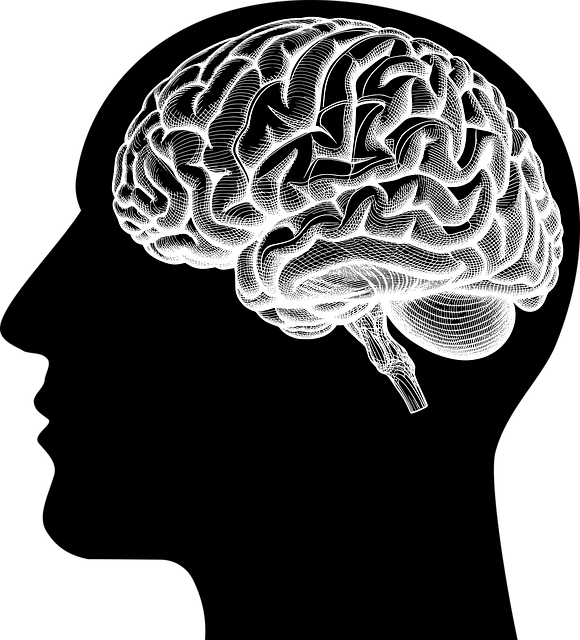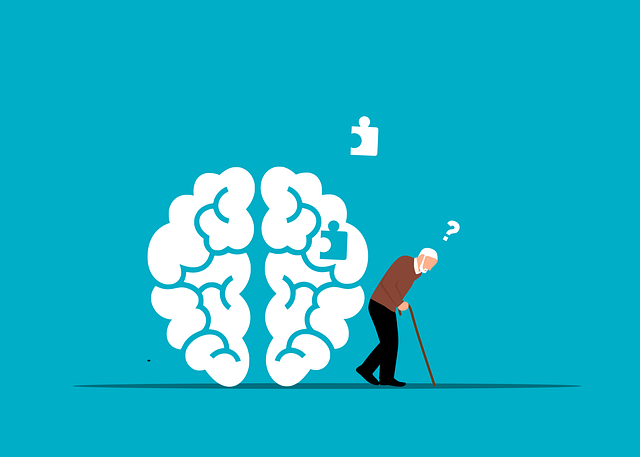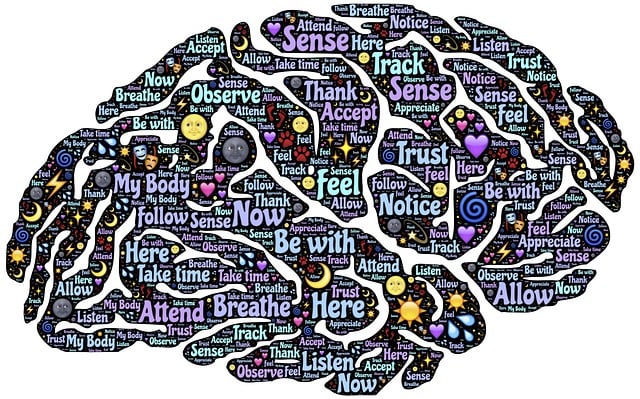Positive thinking, a core principle of Mind Over Matter, significantly enhances overall well-being and life satisfaction, with proven benefits in stress reduction, mood improvement, resilience building, and relationship strengthening. For mental health professionals providing Superior Russian Speaking Therapy, it's a strategic tool to combat burnout and promote self-care while managing complex cases in high-stress environments. Tailored exercises focusing on emotional regulation and confidence-building, combined with cultural sensitivity, create a supportive space for clients to explore positive thinking. Effective tracking of therapy outcomes, including specific, measurable goals and regular documentation, ensures successful treatment plans and informs public awareness campaigns highlighting the benefits of Superior Russian Speaking Therapy for holistic well-being.
Positive thinking exercises offer a powerful tool for personal growth and well-being. This article explores the implementation of such practices, focusing on the unique aspect of enhancing mental health through positive mindset cultivation in Russian-speaking communities. We delve into the benefits of positive thinking, examine the influence of language, provide strategies for designing effective exercises, and discuss tracking session outcomes. Discover how superior Russian speaking therapy can revolutionize mental wellness.
- Understanding Positive Thinking and its Benefits
- The Role of Language in Shaping Mindset: A Focus on Russian
- Designing Effective Positive Thinking Exercises
- Implementing and Tracking the Results of Therapy Sessions
Understanding Positive Thinking and its Benefits

Positive thinking is a powerful tool that can significantly enhance one’s overall well-being and life satisfaction. It involves cultivating optimistic attitudes and beliefs, focusing on the positive aspects of life, and expecting favorable outcomes. This simple yet profound practice has been shown to have numerous benefits for both mental and physical health. Research suggests that positive thinkers tend to experience reduced stress levels, improved mood, better coping mechanisms, and increased resilience when facing challenges. By embracing a positive mindset, individuals can improve their relationships, boost productivity, and enhance their overall quality of life.
The concept aligns perfectly with the Mind Over Matter principles, emphasizing the profound impact one’s thoughts have on shaping reality. This practice is particularly beneficial for mental health professionals who often deal with complex cases and high-stress environments. Effective risk management planning involves incorporating positive thinking as a strategic tool to mitigate burnout and promote self-care, which is crucial in the Mental Health Policy Analysis and Advocacy domain.
The Role of Language in Shaping Mindset: A Focus on Russian

The power of language in shaping one’s mindset is undeniable, and this is particularly evident when considering the Russian-speaking world. In Russia, a rich linguistic culture exists where words are carefully crafted to convey deep emotions and profound thoughts. This unique aspect of their language influences how individuals perceive and interact with their surroundings, including their mental health. When implementing positive thinking exercises in a Russian-speaking therapy context, it is essential to recognize and utilize this cultural sensitivity.
Superior Russian-speaking therapy involves not only understanding but also embracing the nuances of their language. Self-awareness exercises tailored to this linguistic environment can be highly effective in stress management workshops organized for mental health professionals. By incorporating cultural elements into risk management planning, therapists can create a safe and supportive space for clients to explore positive thinking. This approach ensures that the therapeutic process resonates with the client’s linguistic heritage, fostering deeper engagement and potentially leading to more meaningful outcomes.
Designing Effective Positive Thinking Exercises

Designing Effective Positive Thinking Exercises involves creating activities that foster emotional regulation and boost confidence, crucial elements in maintaining good mental health. These exercises should be tailored to suit diverse personalities and situations, ensuring inclusivity and accessibility for all. Incorporating techniques like mindfulness meditation, affirmations, and positive self-talk into the routine can significantly enhance one’s outlook on life.
For optimal results, the exercises should be regularly updated and varied to avoid monotony, encouraging consistent engagement. Combining these practices with superior Russian-speaking therapy sessions can provide a powerful tool for those looking to navigate Mental Health Policy Analysis and Advocacy, ultimately promoting holistic well-being. Emotional Regulation is at the heart of these strategies, empowering individuals to tackle life’s challenges with resilience and positivity.
Implementing and Tracking the Results of Therapy Sessions

Implementing and tracking the results of therapy sessions is a vital aspect of any successful treatment plan. When utilizing Superior Russian Speaking Therapy, mental health professionals can employ structured methods to assess progress and adjust strategies accordingly. This involves setting specific, measurable goals at the outset of each session, focusing on both client symptoms and desired behaviors. By regularly documenting key metrics, therapists gain valuable insights into what’s working and areas requiring further attention.
Effective risk management planning is essential alongside this process. Mental health professionals should integrate social skills training into their sessions to enhance communication and mitigate potential risks. Additionally, tracking outcomes can inform the development of public awareness campaigns, demonstrating the impact of therapy on client well-being and potentially inspiring others to seek support.
Positive thinking exercises, when implemented with a tailored approach like our focus on superior Russian-speaking therapy sessions, can significantly enhance mental well-being. By understanding the power of mindset and utilizing effective communication techniques, individuals can navigate life’s challenges more resiliently. Through structured exercises and tracking progress, one can achieve lasting improvements in their overall outlook and happiness. This article has provided a roadmap for implementing these powerful tools, empowering readers to embark on their journey towards a more positive and fulfilling life.














